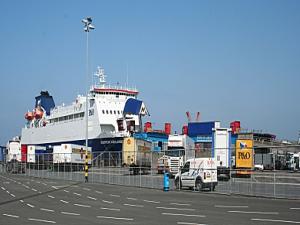
By Q Radio News
Adopting technology-based proposals originally envisaged for Irish land border checks would not resolve Brexit’s Irish Sea border issue, a trade expert has told MPs.
Shanker Singham was a key figure in the Alternative Arrangements Commission that outlined a blueprint in 2019 for avoiding the Brexit “backstop” plan advocated by then-prime minister Theresa May.
It proposed using existing technical and digital approaches, along with trusted trader schemes, as a way to manage Brexit checks between Northern Ireland and the Irish Republic without the need for physical infrastructure on the border.
Mr Singham is now involved in the consortium operating the Government’s Trader Support Service (TSS), which helps businesses navigate the red tape created by the UK/EU agreed arrangements that ultimately replaced the backstop – the Northern Ireland Protocol.
Giving evidence to the Northern Ireland Affairs Committee, Mr Singham said that even the alternative arrangement proposals accepted that Northern Ireland and the Irish Republic would need to be in the same regulatory zone for agri-food produce.
Back in 2019, the Commission, which was a non-governmental initiative spearheaded by two Conservative MPs, proposed that the Irish Republic join the UK in a single food standards zone that would maintain alignment with the EU.
Much of the disruption and controversy created by the Protocol relates to the fact that Great Britain has left the Single Market for goods, while Northern Ireland remains in the EU regulatory zone.
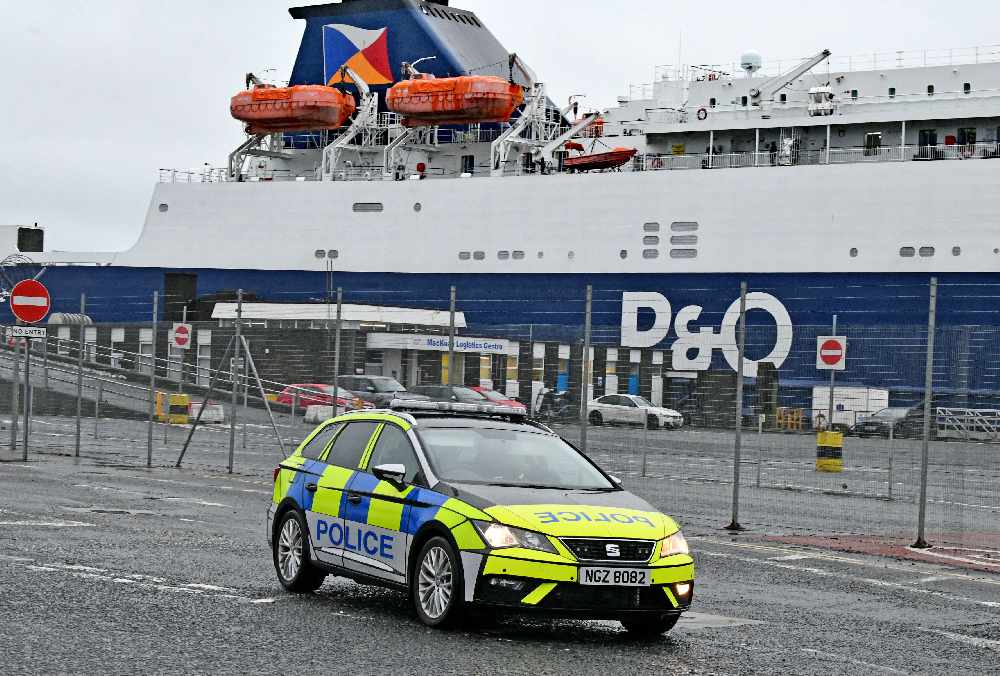
That necessitates a significant number of documentary checks and physical inspections on agri-food goods arriving into Northern Ireland from Great Britain.
Mr Singham told MPs that the alternative arrangement proposals were based on Northern Ireland and the Irish Republic aligning on food and plant health standards.
“Even the alternative arrangements proposed a single SPS (Sanitary and Phytosanitary) zone on the island of Ireland, we didn’t see a way round around that,” Mr Singham told the committee.
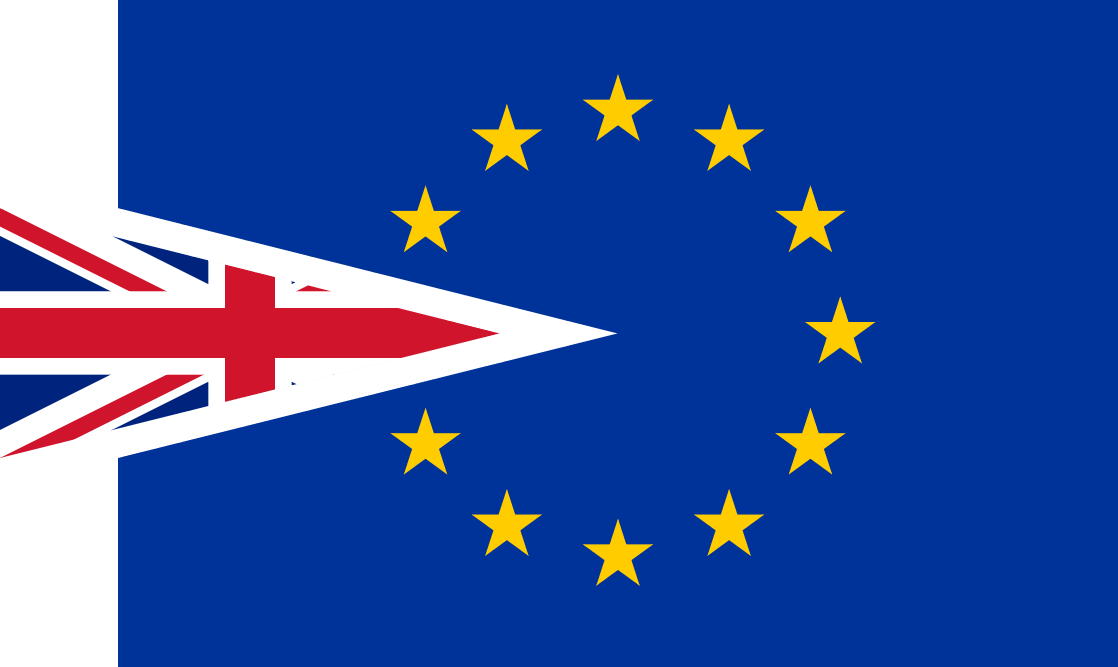
“And given that many of the issues are SPS-related issues on the GB/NI boundary, even going back to alternative arrangements – were governments to do that – would not solve any of the SPS-related problems.
“There is really no other, in my view at least, no other way of doing this – it’s a question of either making the Protocol as least burdensome as possible in terms of how traders use it.
“If you go back to alternate arrangements you still have these issues of SPS.”
Mr Singham was asked about another potential way to reduce the number of SPS checks required under the Protocol – a bespoke EU/UK deal on veterinary standards.
He said that a deal similar to that operated between the EU and New Zealand would be “really helpful” and significantly reduce the volume of red tape, but not remove it entirely.
Mr Singham said a New Zealand-style deal would require physical inspections on 2% of produce arriving into Northern Ireland from GB and documentary checks on 10% of the shipments.
The global trade expert and other representatives from the TSS, which is operated by Fujitsu on behalf of the Government, told MPs that businesses were getting used to the new processes required under the Protocol and shipping volumes had largely held up in the first few months of the year.
DUP MP Ian Paisley insisted the processes were not “light touch”, as the Government had pledged.

He highlighted an example of a Northern Ireland trader dealing in Land Rover parts.
Mr Paisley said: “He cited one example last week of 70 items on an invoice and each and every one of those invoice items required him to fill in 23 drop boxes or separate fields (on the online declaration forms).
“So that was 1,610 drop boxes or fields he had to fill in for 70 items.
“He told me that the cost and time alone probably removed any profit, the narrow margin of profit he was getting out of retrading those parts, because of the effort and time he had to put into that.
“That’s my fear, that the promise of this being light touch – and I appreciate you guys are doing all you can to try and simplify and smooth this system – but it isn’t light touch by any means.”


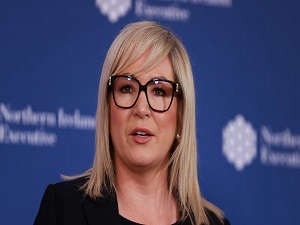 O’Neill praises Pope’s commitment to peace as she confirms funeral attendance
O’Neill praises Pope’s commitment to peace as she confirms funeral attendance
 Woman suffers ‘traumatic ordeal’ in roadside robbery in Newry
Woman suffers ‘traumatic ordeal’ in roadside robbery in Newry
 Shock over record number of attacks on ambulance crew
Shock over record number of attacks on ambulance crew
 Police investigate petrol bomb attack at Co Antrim flat
Police investigate petrol bomb attack at Co Antrim flat
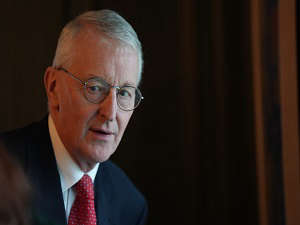 Benn to discuss legacy issues with Harris at Hillsborough Castle
Benn to discuss legacy issues with Harris at Hillsborough Castle